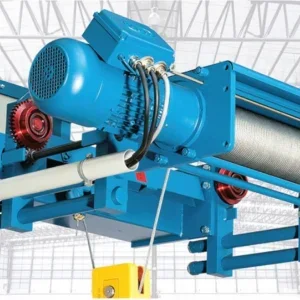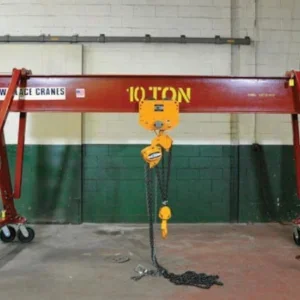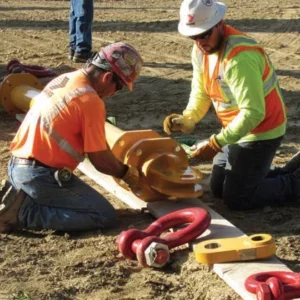The project is a major milestone after almost three years of construction and £90m investment. With an internal area of 7,500m2, Testbed 80 was designed with technologies and systems which are more capable and complex than any of its other testbeds. It conducted its first run on a Rolls-Royce Trent XWB engine earlier this year.
“Testbed 80 is the largest facility of its type in the world. It is not only big, it is smart and features the most advanced testing technology we have ever used. As the new global hub of our testing capability, it will support the next stage of our UltraFan programme as we begin ground testing the first demonstrator in 2022. This incredible piece of infrastructure is a very visible sign of our commitment to this site and secures Derby as the home of large engine development, continuing a history that began in the 1960s with the RB211,” said Warren East, CEO, Rolls-Royce.
As the civil aviation market recovers, the innovation of Rolls-Royce and the entire aerospace sector is central to plans to return stronger from the pandemic as well as its contribution to climate change by 2050.
According to ResearchAndMarkets; ‘Global Aerospace Market 2020-2030: COVID-19 Impact and Recovery Assessment,’ the aerospace market is expected to grow at a CAGR of 5% from 2021 and reach $378.5bn in 2023.
It claims North America was the largest region in the global aerospace market, accounting for 50% of the market in 2019. Asia Pacific was the second largest region accounting for 21% and Eastern Europe the smallest.
Aircraft manufacturers are using machine-learning techniques such as artificial intelligence (AI) to improve safety, productivity and quality of aircrafts. Machine learning algorithms collect data from machine-to-machine and machine-to-human interfaces and use data analytics to drive effective decision making. These technologies optimize manufacturing operations and costs. For example, GE Aviation uses machine learning and data analytics to identify faults in engines, which increases lifecycle of parts and reduces maintenance costs. Boeing has successfully built machine-learning algorithms for aircraft designing and to automate factory operations.
Testbed 80 will support all three pillars of the Rolls- Royce sustainability strategy, continuing to improve the efficiency of the gas turbine. The facility has been designed to test a range of engines, including the Trent XWB and the Trent 1000, but will also have the capability to test the UltraFan demonstrator, the blueprint for its next generation of engines. UltraFan will be 25% more efficient than the first Trent engine, and will begin ground testing the demonstrator in 2022.
It is also committed to promoting Sustainable Aviation Fuels (SAFs), which can already be used as “drop-in” fuels in its existing engines. Testbed 80 has been designed to support this commitment – equipped with a 140,000-litre fuel tank for different fuel types, including SAFs. Next year, it plans to run its first UltraFan demonstrator test using 100% SAF. and to pioneer more sustainable technology.






